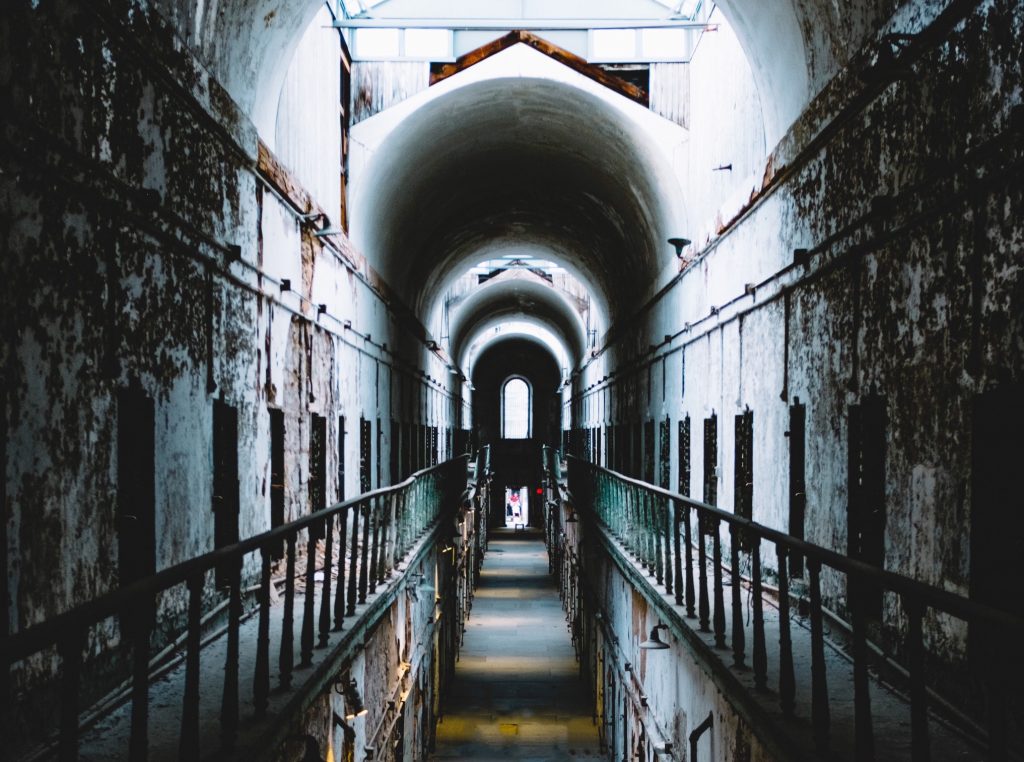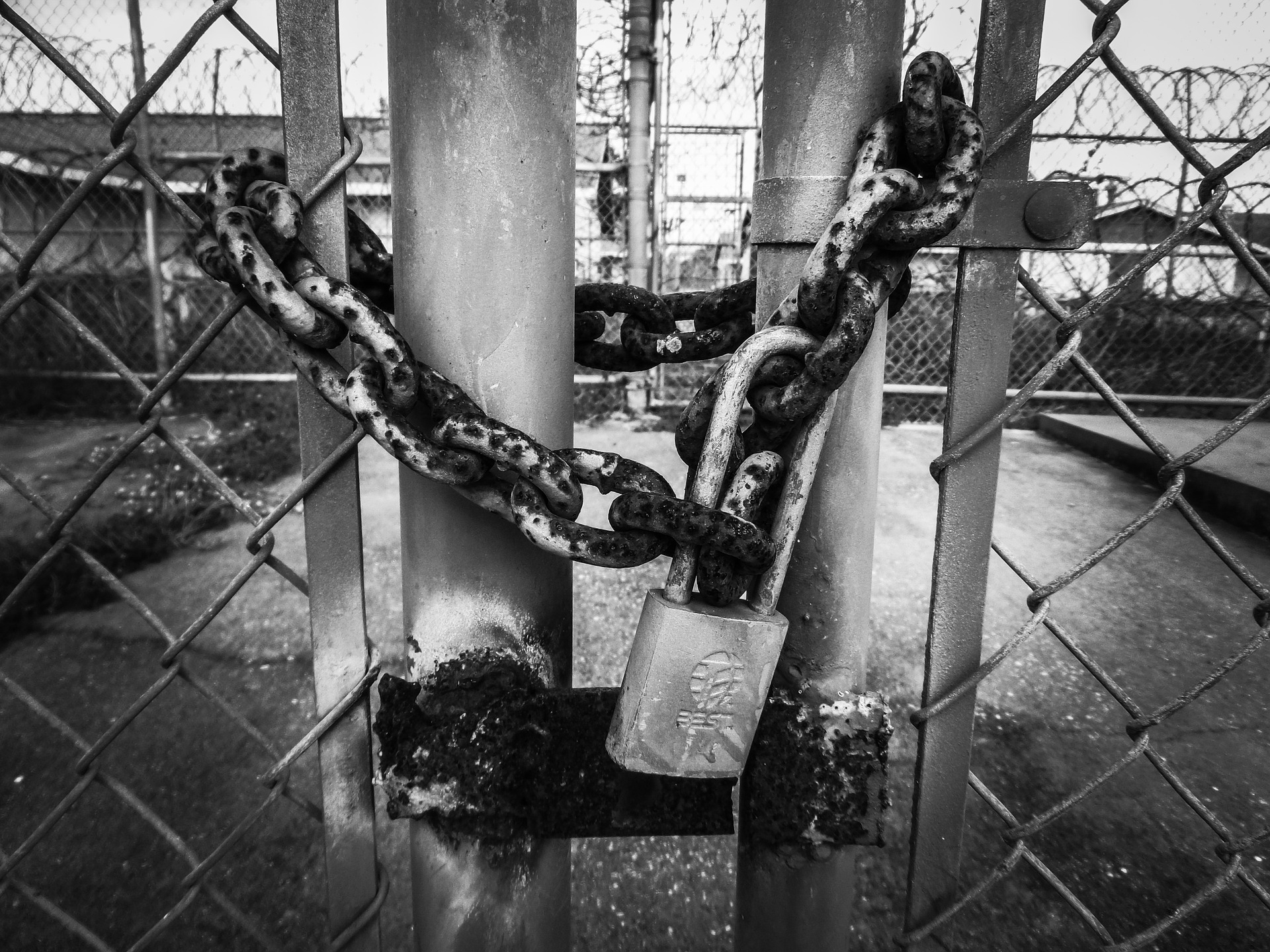The boy, known only as AB, routinely spent almost all day locked inside his cell at Feltham prison. During the short periods outside his room, he wasn’t allowed any contact with other children. The Howard League, a charity which campaigns for reform of the justice system, says the confinement and lack of education are unlawful.
This is not an isolated case: in the last two years, Howard League lawyers have supported six teenage boys who have been held in solitary confinement for periods ranging from weeks to over six months.
What does this have to do with human rights?
We all have human rights, even prisoners. However, there are some rights which are restricted for prisoners – the right to liberty for a start. They may also be made to do labour as part of their punishment, can be stopped and searched at any time, have restrictions on what they can own, and have their correspondence monitored.
There are rights which cannot be taken away though. For example, we cannot take away a prisoner’s right to life or a fair trial, and it is against the law to make them a slave or to torture them. Prisoners should also receive 15 hours of education a week, though this can be limited for security reasons.
Well done to colleagues @TheHowardLeague for bringing this important challenge #ChildRights #youthjustice https://t.co/xCHEKeSbLP
— CRAE (@CRAE_official) March 7, 2017
As well as this, there are specific guidelines surrounding children in detention. The Nelson Mandela rules are a key part of this, setting minimum standards on how children should be treated. In short, they say that detention for children should only be used as a last resort, and solitary confinement should never be used in relation to children under any circumstances.
The Children’s Commissioner also states that when when isolation is used as a behaviour management measure, it must be for the minimum period necessary. Children should spend at least 8 hours per day out of their cell or room, in contact with their peers or with staff, family and professional visitors. The Howard League argue this hasn’t happened in this case.
So, where do we go from here?

The case will soon by heard by judges at the High Court, who will rule whether the boy’s rights were breached in this case. However, the story is likely to start a much wider discussion about solitary confinement of children.
A 2015 report by the Children’s Commissioner found that one third of children in prison will spend time in isolation – meaning this case could have broader implications for how our prisons treat young people.
Want to know more on this story?
- Read our explainer on what rights prisoners have
- See our feature on the Nelson Mandela rules in relation to children







